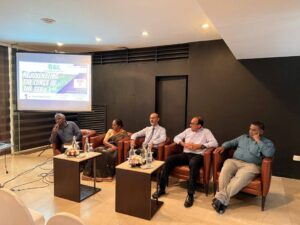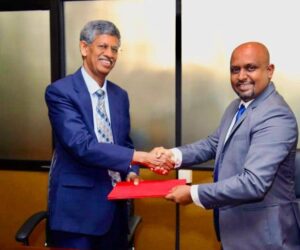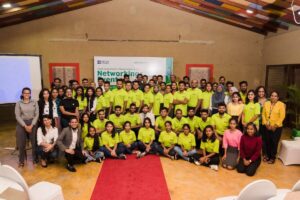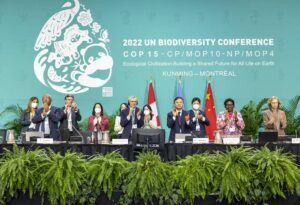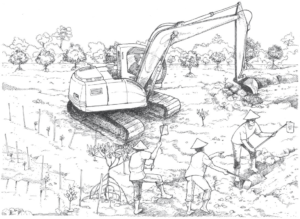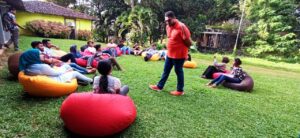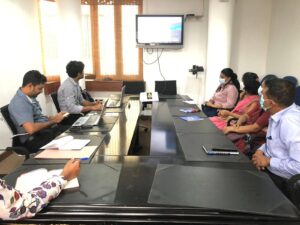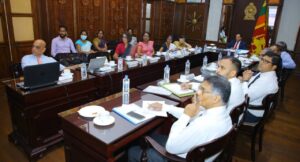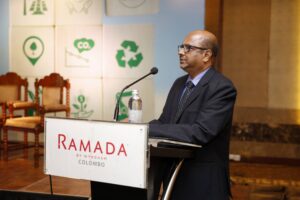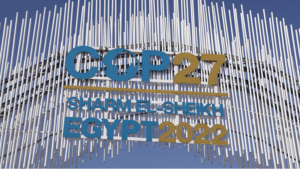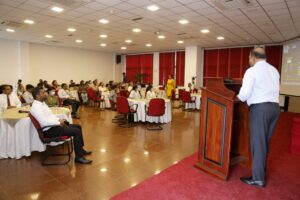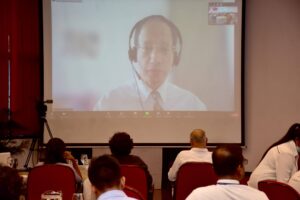Biodiversity Sri Lanka in partnership with Tokyo Cement Company (Lanka) PLC and Cinnamon Hotels and Resorts commemorated World Wetlands Day, 2023 ‘Rejuvenating the Lungs of the Sea’ on the 8th of February, 2023 at the Hotel Cinnamon Grand from 3.30 to 5.30 p.m.
A wetland is an area of land covered by salt or fresh water, either seasonally or permanently. It has its own vegetation types and rich biodiversity, along with its own distinct ecosystem. Wetlands provide shelter to a wide array of biota, including water birds, mammals, fish, and insects, and also act as pit stops for migratory birds.
Wetlands also act as natural filters, commonly referred to as the ‘kidneys of the Earth’, trapping pollutants such as heavy metals and excessive nitrogen and phosphorous. They also act as a source of food for animals and human beings, hydrologically regulate erosion and flood and drought conditions and enable carbon sequestration and climate regulation. These systems store a total of 11.52 pentagrams of carbon, which is equivalent to roughly four years of annual carbon emissions by the country.
Carbon sequestration rates of coastal wetlands and freshwater wetlands are higher than terrestrial forests. Waterlogging soils limit oxygen transmission and create an anaerobic condition. This condition slows down the decomposition rate of organic matter, leading to the build-up and storage of large amounts of organic carbon in wetland sediments. The hydrological connection between waterways and their associated floodplains plays an important role in terms of the exchange of carbon and nutrients (i.e., wetlands can trap carbon-rich sediments from catchments, but may also disperse carbon through water flow into floodplains)
From the existing 44.5 ha of degraded mangrove forest patches within the Anavilundawa wetland sanctuary, the Department of Wildlife Conservation (DWC) has been guiding Biodiversity Sri Lanka since February 2022 in initially restoring up to 10.0 ha, using accepted scientific principles, with the Wayamba University of Sri Lanka playing the role of an expert advisor with respect to the science component of the project. Advice on establishing the biodiversity, soil, and hydrology baseline of the land plots, providing technical inputs for land preparation and establishing and maintaining field mangrove nurseries, planting mangroves and maintaining mangrove fields, and controlling potential pests and diseases on mangrove plants will be provided together with continued guidance and support for periodic data gathering and monitoring. Spanning an initial period of five years, with financial resources from its Membership, the first two years will focus on planning, forging community partnerships, land preparation, nursery establishment, and planting activities.
In celebration of the completion of a productive year of BSL public-private partnership ‘LIFE to Our Mangroves’, the wetlands day event was held, with the participation of distinguished speakers Prof. Sevvandi Jayakody, Senior Lecturer, Wayamba University, Chitral Jayatilake, Head of Eco-Tourism, Cinnamon Hotels and Mr. Salinda Kandapola, Corporate Sustainability Manager, Tokyo Cement Company (Lanka) PLC.
The first presentation of the event was done by Mr. Chitral Jayatilake, where he spoke about the sustainability projects carried out by Cinnamon Hotels. He highlighted the various wildlife conservation initiatives carried out by Cinnamon Wild Yala and Cinnamon Lodge Habarana in particular. Mr. Jayathilake also talked about the Eco-Tourism based approaches carried out by Cinnamon hotels.
Prof. Sevvandi Jayakody made a detailed presentation on the Importance of Mangrove ecosystems and progression at the Anawilundawa mangrove restoration site since the start of the project, from the obstacles they faced whilst selecting the site to the current status. Professor Jayakody indicated the research activities happening on the site, including floral and faunal surveys and water and soil quality analyses. She also highlighted the community involvement in the project stressing the support given by the neighboring villagers in seed collection, nursery preparation, etc.
Mr. Kandapola highlighted the Mangrove Re-planting Project in Cod Bay, Trincomalee – a project carried out by Tokyo Cement Company (Lanka) PLC, since 2012. He elaborated on details from the start of the project, how it was carried out from nursery preparation, indicating the species of Mangroves that were planted in the site and progression during the past 10 years (2012 to 2022). He also talked about the faunal species that were found on the site and the current status of the area restored.
A special panel discussion was held with the participation of distinguished panelists Prof. Sevvandi Jayakody, Dr. Shamen Vidanage, Senior Lecturer, University of Kelaniya, Mr. Graham Marshall, Chair- Marine Sub Committee, Wildlife & Nature Protection Society, and Mr. Sanith de Silva Wijeyeratne, Director/CEO, The Climate & Conservation Consortium. The panel discussion was moderated by Prof. Devaka Weerakoon, Senior Professor in Zoology & Environmental Sciences, University of Colombo. Following the panel discussion, an open discussion was held with audience participation.

